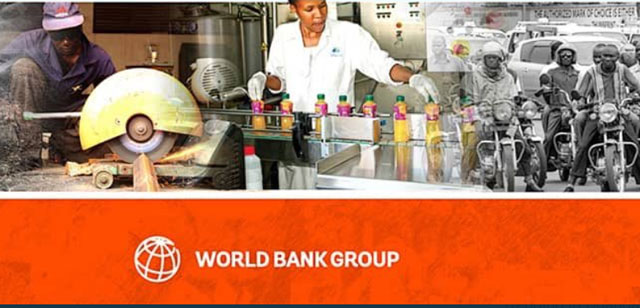
Kampala, Uganda | THE INDEPENDENT | Many Ugandans are stuck with poor quality jobs, a fix that has seen them work longer hours but with falling earnings, a World Bank report has revealed. The report shows that due to poor quality jobs, value-added is very low even when people work.
The report observers that there are many more people coming into the market but there is little demand for their labour, which leaves them with no option but to take on any job despite the low pay and poor quality. This has also seen people’s earnings stagnant or fall.
The report titled Uganda: Jobs Strategy for Inclusive Growth, and published on Tuesday says earnings for Ugandans fell between 2012 and 2016 in services, in both urban and rural areas, as quantity of employment grew through both an inflow of workers and an increase in hours worked per person.
WORLD BANK REPORT: Uganda J… by The Independent Magazine on Scribd
In rural areas, earnings fell in both industry and service sectors and stagnated in agriculture
Dino Merotto, World Bank Economist and lead author of the report, said Uganda still has to create at least one million jobs each year from 2030, an increase from the current demand of 660,000 a year.
This points to the fact that with more demand for jobs, the quality could deep further as people resort to self-employment in subsistence agriculture.
Also, the report notes that fewer Ugandans are transitioning to wage employment, which is usually where people earn more and are able to improve their lives.
The WB recommends that Uganda focuses on creating more waged jobs in Uganda, encouraging mobility into better jobs in urban areas for good quality and well-paying jobs.
This is a trend as countries get richer. Merotto says the transformation can happen in agriculture to a small scale but it most happens in other sectors like industry and services.
Meanwhile, the reports a dramatic reduction in youth participation rates in work driven mostly, but not entirely, by higher access to schooling.
In 2016, almost 40 percent of youth aged 15–24 were inactive, compared to around 20 percent in 2012.
Pamela Mbabazi, the Board Chairperson National Planning Authority, said government needs to listen more to the young people to help them become active.
She added, however, that their attitude towards work must also change.
*****
URN
 The Independent Uganda: You get the Truth we Pay the Price
The Independent Uganda: You get the Truth we Pay the Price


